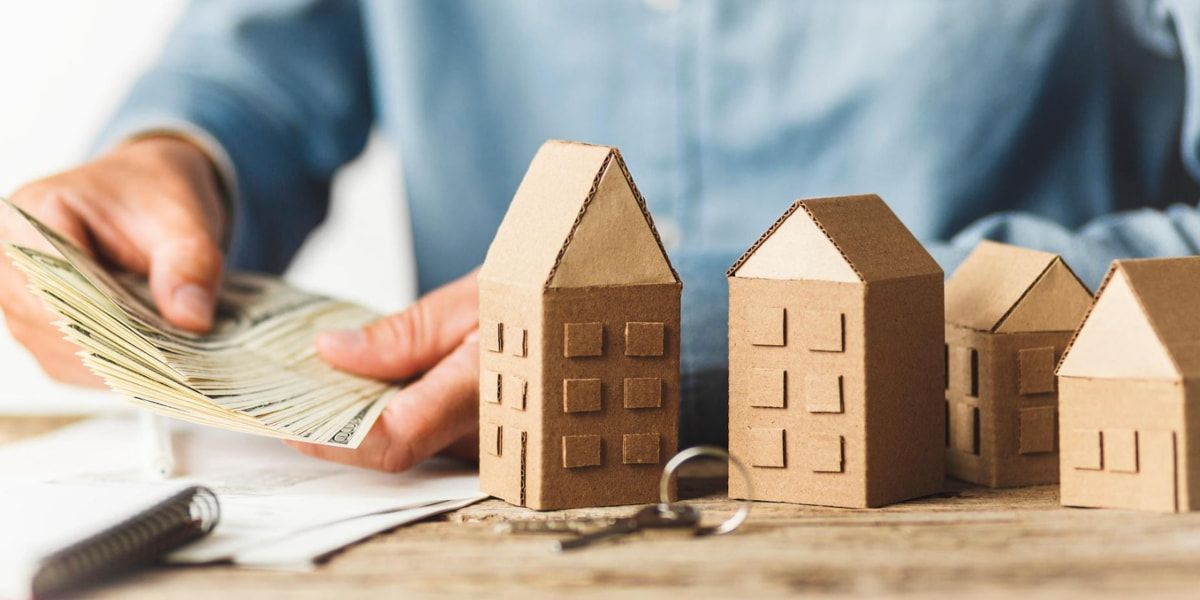How Much You Need to Earn to Buy a Home in Australia’s Capital Cities
Buying a home in Australia is a significant milestone, but with rising property prices, it’s important to understand how much you need to earn to afford a house in the country’s major cities.
Factors like property values, interest rates and loan terms all play a role, and each city comes with its unique challenges and opportunities.
Discover what it takes to afford a home in Australia’s major cities. From property prices to interest rates, we’ll help you understand the key factors and find opportunities that work for you.
Top Cities In Australia To Buy A Home
Australia offers a diverse range of cities for home buyers, each with its unique appeal. Whether you're drawn to vibrant urban centres or relaxed coastal living, there’s a location to suit every lifestyle and budget. Let’s explore some of the top cities to consider when buying a home.
Sydney
Sydney remains Australia’s most expensive city for property buyers. With the median house price sitting around $1,470,630, you’ll need a sizable income to keep up with mortgage repayments.
Assuming a 20% deposit of $294,126 and a 30-year loan at an interest rate of 5.5%, you’d need to earn approximately $200,000 annually to comfortably afford a home in Sydney.
Melbourne
Melbourne offers slightly more affordable options compared to Sydney, with a median house price of about $917,620. A 20% deposit would be $183,524, and on similar loan terms, an annual income of around $150,000 is required. Melbourne’s vibrant lifestyle and growing suburbs make it a popular choice for homebuyers.
Brisbane
Brisbane is becoming increasingly attractive due to its more affordable housing market and lifestyle. The median house price is approximately $977,580, which means a 20% deposit of $195,516. For a 30-year mortgage at 5.5%, a household income of about $155,000 would suffice to buy a home here.
Perth
Perth offers some of the most affordable housing among Australia’s capital cities. With a median house price of around $847,520, a 20% deposit would be $169,504. On standard loan terms, you’d need an annual income of about $135,000 to own a home in this laid-back city.
Adelaide
Adelaide combines affordability with a high quality of life. The median house price sits at approximately $866,330. A 20% deposit is $173,266, and with a 5.5% interest rate, an annual income of around $140,000 would make homeownership feasible in this charming city.
Canberra
The nation’s capital, Canberra, has a median house price of about $965,910. A 20% deposit would be $193,182, and a household income of around $150,000 would be required to comfortably manage repayments. Canberra’s strong economy and stable job market make it a desirable location.
Hobart
Hobart’s property market has grown rapidly in recent years, with a median house price of about $693,920. A 20% deposit is $138,784, and an income of roughly $115,000 annually is needed for a home loan. Hobart’s unique charm and natural beauty continue to attract buyers.
Darwin
Darwin offers some of the most affordable properties among the capital cities, with a median house price of approximately $586,700. A 20% deposit is $117,340, and you’d need an income of about $100,000 to manage mortgage repayments. Darwin’s relaxed lifestyle and tropical climate are key selling points.
(Data source: Statista, ‘Average value of residential houses in Australia as of December 2024, by capital city.’ Released January 2025. Accessed January 23, 2025.)
Tips for Buying a Home in Capital Cities
- Save a Larger Deposit: A bigger deposit reduces your loan amount and can lower your monthly repayments.
- Shop Around for Lenders: Different lenders offer varying interest rates and loan terms, so compare options.
- Seek Expert Advice: Mortgage brokers can help you navigate the complexities of home loans and find the best deal.
- Plan Your Budget: Factor in additional costs like stamp duty, legal fees and insurance when planning your purchase.
Final Thoughts
Buying a home in Australia’s capital cities requires careful financial planning and an understanding of the local property market.
While the income needed varies by city, preparing early and seeking expert advice can make the process smoother. Whether you’re aiming for Sydney’s bustling lifestyle or Perth’s relaxed charm, you can explore Australia city guide where they discuss about every city of Australia and that will be easy to decide which city you want to choose for homeownership.










